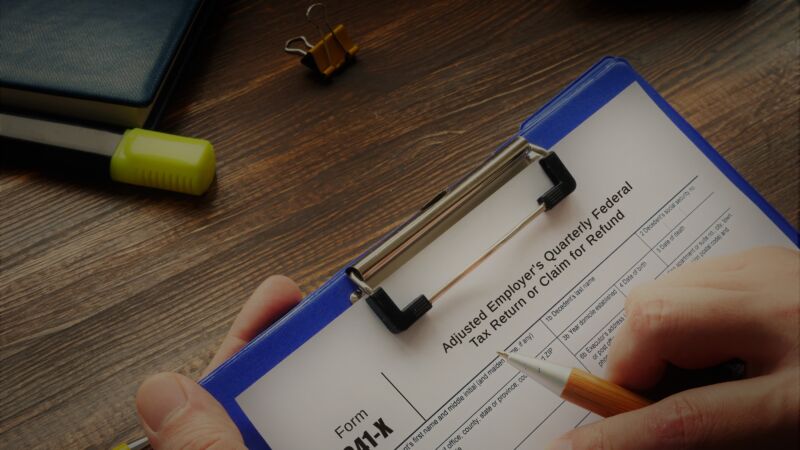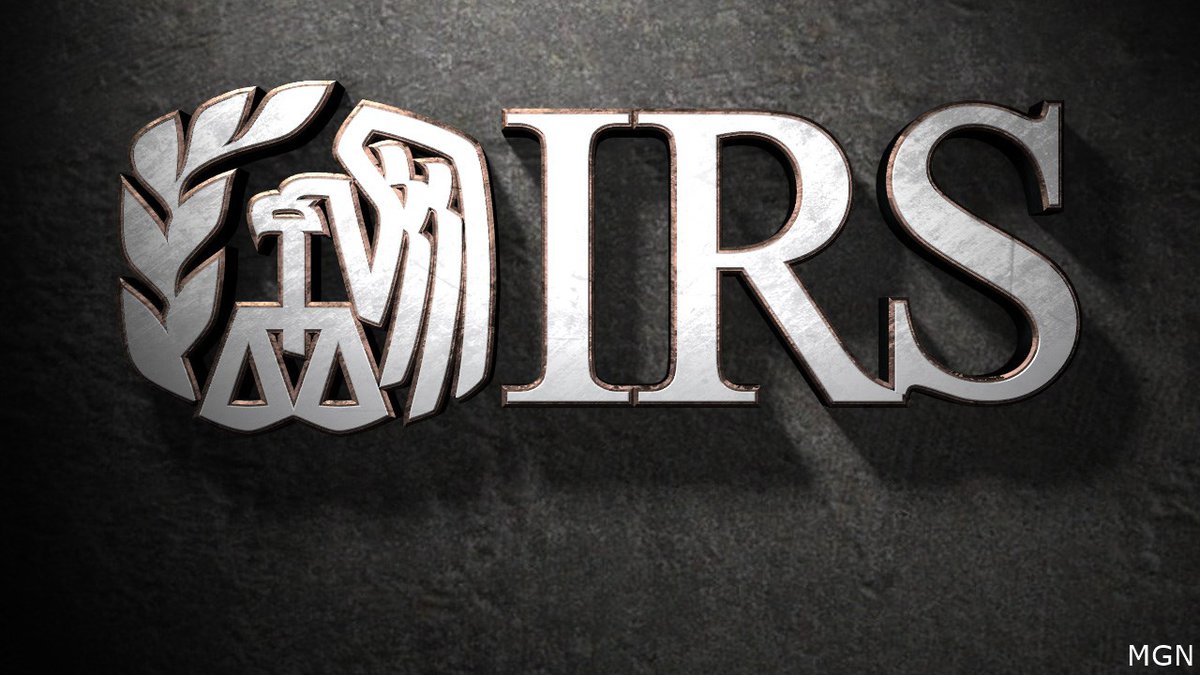After the tax filing season is through, IRS Commissioner Daniel Werfel is preparing to increase the weekly processing of COVID-19 tax credits and put procedures into place to more efficiently deal with the growing backlog.
Just over a week ago, the IRS unveiled a revised edition ofForm 941-X also known as the Adjusted Employer’s Quarterly Federal Tax Return or Claim for Refund and itsinstructions, Interestingly, this development came on the heels of the IRS revealing that it had nearly one million unprocessed amended employment tax returns on its hands.
A recent report from the Treasury Inspector General for Tax Administration (TIGTA) revealed that while 95% of deferred Social Security tax has been paid, approximately 384,314 employers still owe the IRS around $6 billion in this payroll tax. These outstanding amounts are subject to collection actions. It's essential to note that amended returns can be filed until 2024, potentially affecting the deferral amount and associated penalties for employers who have not yet settled their deferred Social Security tax liabilities.
More recently, employers may also use a Form 941-X to claim certain COVID-19-era tax credits aimed to help both businesses and workers during the health emergency. This includes the deferred amount of the employer or employee share of Social Security tax, amounts reported on Form 941 for the credit for qualified sick and family leave wages, and the employee retention credit (ERC).
Form 941-X is a crucial tool for employers looking to rectify errors on previously submitted Form 941s, particularly those related to wages, tips, and various compensation components. It also addresses income tax withholding, taxable Social Security and Medicare wages, and tips subject to Additional Medicare Tax withholding. More recently, employers have been utilizing this form to claim specific COVID-19-related tax credits designed to provide support to businesses and workers during the pandemic. These credits cover deferred Social Security tax, qualified sick and family leave wages, and the employee retention credit (ERC). Another complicating factor impacting the IRS's processing of Forms 941-X is the proliferation of ERC-related scams. The IRS has consistently warned taxpayers about fraudulent schemes that promise substantial ERC refunds while falsely representing a business's eligibility. These scams were prevalent enough to earn a spot on the IRS's 2023 “Dirty Dozen” list of tax scams.
As of May 17, 2023, the IRS has noted an inventory of around 879,000 unprocessed Forms 941-X. Some of these forms are pending completion of related Form 941 submissions before they can be processed. In response to this backlog, the IRS has set up operations at two locations, Cincinnati and Ogden, staffed by trained personnel specifically assigned to manage COVID-19 tax credits, including the ERC.
In the beginning of May, Senator Kirsten Gillibrand from New York, a member of the Democratic Party, held aa video press conferencebriefing to emphasize the urgency of the IRS resolving its backlog of unprocessed employment tax forms. During this briefing, Senator Gillibrand pointed out that businesses within her state were still awaiting their Employee Retention Credit (ERC) tax refunds, despite having filed their claims in March 2021 for wages paid in 2020.
In addition to the Form 941-X backlog, the IRS also grapples with an inventory of 2.1 million Form 941 submissions as of May 18, 2023, which further contributes to processing delays for Form 941-X. New IRS Commissioner Daniel Werfel outlined the IRS’s 10-year funding plan which includes increased digital scanning of forms, including Form 941, to expedite processing.
During an April 27, 2023, statedhearing before the Ways and Means Committee, Commissioner Werfel emphasized the progress made by the IRS since the COVID-19 pandemic. He acknowledged the surge in ERC credit claims, with the IRS processing approximately 20,000 claims per week, but this rate wasn't sufficient to meet demand due to the ongoing eligibility through 2025. Now that the tax filing season has concluded, the IRS aims to double its claim processing rate to 40,000 per week or more. Commissioner Werfel also mentioned ongoing efforts to improve processing and manage the backlog more assertively, emphasizing that this is a top priority for the IRS.
The April 2023 revised version of Form 941-X, issued by the IRS on May 25, 2023, is similar to the draft version of the form and instructions that the Service posted earlier this month and in April (see IRS Issues 2023 Draft Form 941 -X With Minor Changes As Backlog Continues to Grow, 04/20/22; and IRS Releases Draft of 941 -X Instructions, Updates Payroll Tax Credit Information, 05/08/22). The return must still be filed on paper. Whether the IRS funding will make an electronic filing option for Form 941-X in the future remains to be seen.






